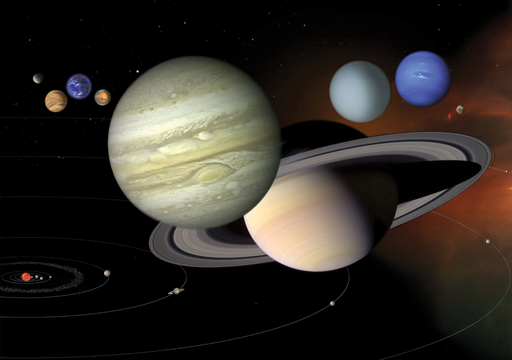Apple and Google are in talks regarding a possible agreement to bring Google’s Gemini generative AI capabilities to the iPhone.
Reported by Bloomberg, the discussions aim to enable Apple to license Gemini’s AI models, potentially introducing new features for the iPhone later this year.
While such a deal could provide Gemini with access to billions of users, it also suggests that Apple might be trailing behind in its AI endeavors, as noted by industry analyst Paul Schell from ABI Research.
However, Apple has been actively developing its on-device generative AI capabilities, including recent acquisitions such as DarwinAI, as highlighted by Schell.
Despite being an early player in the digital assistant market with Siri, Apple’s progress in AI has lagged behind, according to Rob Enderle, president of the Enderle Group.
William Kerwin, an equity analyst with Morningstar Research Services, suggests that Apple’s approach to AI has been deliberate, focusing on integrating AI into its products rather than being the first mover in the market.
Tim Bajarin, president of Creative Strategies, emphasizes Apple’s long history of using AI in its products and suggests that licensing a base generative AI architecture could enable Apple to build deeper and more customized products.
A potential licensing deal with Google’s Gemini could benefit both companies. For Apple, it could help catch up with its AI development efforts, while preserving its reputation for privacy. Google, on the other hand, could gain revenue and a prestigious licensing partner.
Google’s Gemini models have already been deployed on some Pixel and Samsung Galaxy devices, positioning Google as a leader in on-device generative AI.
Overall, a partnership between Apple and Google could enhance search functionality for Apple users, promote interoperability between ecosystems, and potentially reduce development costs for Apple.
While the financial aspects of the deal remain uncertain, Google’s payment to Apple for being the default search engine on Safari suggests a mutually beneficial arrangement could be reached.

)


